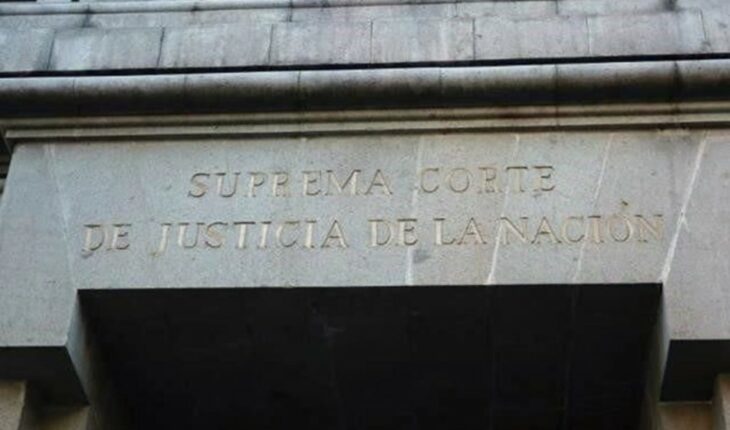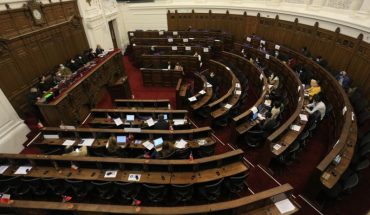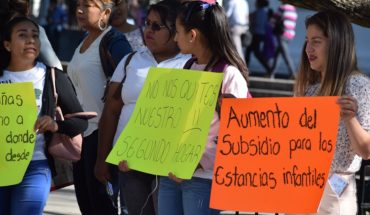The federal government warned that the Court’s intention to cancel informal pretrial detention opens the door to corruption. Specialists in law refuted the arguments of Q4 and described the government’s approach as “false and extremist”. According to the Ministry of the Interior and the Legal Counsel of the Presidency, leaving imprisonment at the discretion of judges, as proposed by the Court’s project, could end up corrupting them or turning them into victims of violence. It exposes them to the “silver or lead” grade, they argued. “Leaving the decision to apply informal preventive detention in the hands of the judges would generate pressure on the impartors of justice, exposing them to corruption and violence for the type of crimes that this figure implies,” said the Presidency. Adriana Greaves, a lawyer for the civil association Tojil, questioned the position of the federal government and defended that preventive detention would not be totally eliminated, but only the informal (mandatory) one. “That is distorting, because in reality it is going to force the prosecutors to do a job of gathering sufficient evidence to prove before a judge that the defendant represents a risk either for the victim, for society, for the process itself, or that it can be given to the escape,” said the deputy coordinator of the Anti-Corruption Commission of the Mexican Bar Association. Currently, one of the criteria for justifying justified pretrial detention is to allege that the detainee can escape from the country because he has money and contacts, which also leads to the imprisonment of those who have resources. Specialists said that the Court should not neglect to consider as a criterion whether the subject is dangerous to society if he carries out his process in freedom, because he could commit more crimes and the continuation of the process is put at risk through escape. For example, the existence of electronic bracelets can be decisive in inhibiting escape attempts. Yesterday morning, President Andrés Manuel López Obrador spoke out against the Court’s initiative that seeks to eliminate the obligation to issue informal preventive detention, arguing that this figure violates human rights. Martín Carlos Sánchez, president of the Network Impulsando la Justicia AC, said that the government is thinking more about an advertising effect than a more effective justice system. “They have wanted to personify corruption in judges and it is more than proven that corruption occurs much more at the MP level,” he explained.
Informal pretrial detention confronts SCJN, government and experts
August 25, 2022 |





